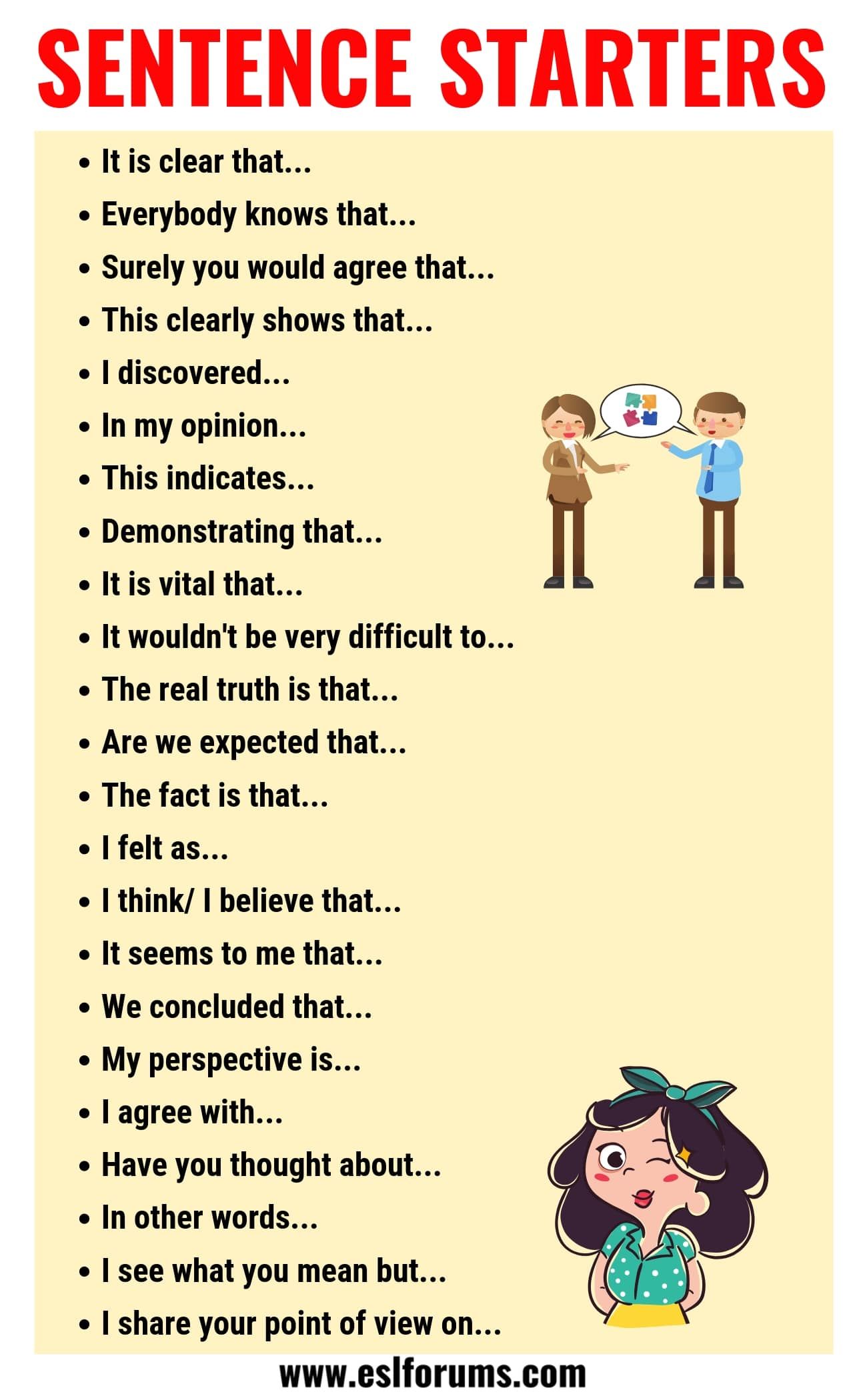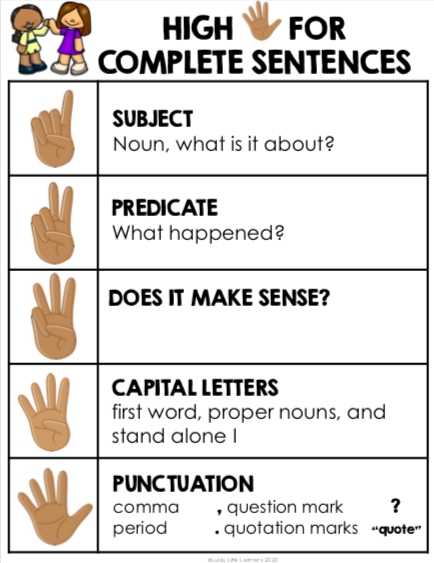7 Ways to Improve Sentence Writing Skills

Mastering the Art of Sentence Writing
Effective sentence writing is a crucial aspect of clear and concise communication. Well-crafted sentences can convey complex ideas, evoke emotions, and engage readers. However, many individuals struggle to express themselves through writing, often resulting in unclear or confusing sentences. In this article, we will explore seven ways to improve sentence writing skills, helping you to become a more confident and effective writer.
1. Read Widely and Often
Reading is one of the best ways to improve sentence writing skills. Expose yourself to different writing styles, genres, and authors. Pay attention to how writers structure their sentences, use vocabulary, and convey meaning. Reading widely will help you develop an ear for what sounds natural and clear. Make a conscious effort to read books, articles, and other materials that challenge your understanding and broaden your perspectives.
📚 Note: Reading aloud can help you identify awkward phrasing and unclear sentences.
2. Practice Writing Regularly
Regular writing practice is essential to develop and improve sentence writing skills. Set aside a specific time each day or week to write, even if it’s just for a few minutes. Write about topics that interest you, and experiment with different styles and structures. The more you write, the more comfortable you’ll become with sentence construction, word choice, and tone.
- Start a journal or diary to record your thoughts and experiences.
- Write short stories or poetry to exercise your creative muscles.
- Maintain a blog or write articles on topics that interest you.
3. Focus on Clarity and Conciseness
Clear and concise sentences are essential for effective communication. Avoid using complex vocabulary or convoluted sentence structures that can confuse readers. Instead, focus on using simple, direct language to convey your message.
- Use active voice instead of passive voice.
- Avoid unnecessary words and phrases.
- Break up long sentences into shorter, more manageable ones.
4. Use Varied Sentence Structures
Varying sentence structure can add depth, interest, and complexity to your writing. Mix short and long sentences to create a sense of rhythm and flow.
- Use short sentences to emphasize key points or create a sense of drama.
- Use longer sentences to provide more detailed information or explain complex ideas.
5. Revise and Edit
Revision and editing are crucial steps in the writing process. Take the time to review your work, making sure your sentences are clear, concise, and effective.
- Read your work aloud to identify awkward phrasing or unclear sentences.
- Get feedback from others to identify areas for improvement.
- Use grammar and spell check tools to catch errors.
6. Learn to Use Grammar and Punctuation Effectively
Grammar and punctuation are essential tools for effective sentence writing. Understand the rules of grammar and punctuation, and use them to convey meaning and clarity.
- Use commas to separate items in lists and to indicate pauses.
- Use semicolons to separate independent clauses.
- Use apostrophes to indicate possession or contraction.
7. Study the Work of Other Writers
Studying the work of other writers can help you develop your sentence writing skills. Analyze the sentence structures, word choice, and tone used by authors you admire.
- Read books on writing and grammar to improve your understanding of sentence construction.
- Analyze the sentences of your favorite authors to identify techniques and strategies.
- Use online resources to learn more about sentence writing and grammar.

| Technique | Benefits |
|---|---|
| Reading widely and often | Develops an ear for natural and clear sentence structure |
| Practicing writing regularly | Improves sentence construction, word choice, and tone |
| Focusing on clarity and conciseness | Ensures clear and effective communication |
| Using varied sentence structures | Adds depth, interest, and complexity to writing |
| Revising and editing | Ensures clarity, conciseness, and effectiveness |
| Learning to use grammar and punctuation effectively | Conveys meaning and clarity through proper grammar and punctuation |
| Studying the work of other writers | Develops understanding of sentence construction, word choice, and tone |
By following these seven techniques, you can improve your sentence writing skills and become a more effective and confident writer. Remember that writing is a skill that takes time and practice to develop, so be patient and persistent in your efforts.
As you continue to work on your sentence writing skills, keep in mind that the key to effective communication is clarity, conciseness, and a willingness to revise and edit. With dedication and practice, you can master the art of sentence writing and become a skilled and engaging writer.
What is the most important aspect of sentence writing?
+Clarity is the most important aspect of sentence writing. Clear sentences convey meaning and ensure effective communication.
How can I improve my sentence writing skills?
+Read widely and often, practice writing regularly, focus on clarity and conciseness, use varied sentence structures, revise and edit, learn to use grammar and punctuation effectively, and study the work of other writers.
What is the difference between active and passive voice?
+Active voice is when the subject performs the action, whereas passive voice is when the subject receives the action. For example, “The dog bites the man” (active) vs. “The man is bitten by the dog” (passive).



